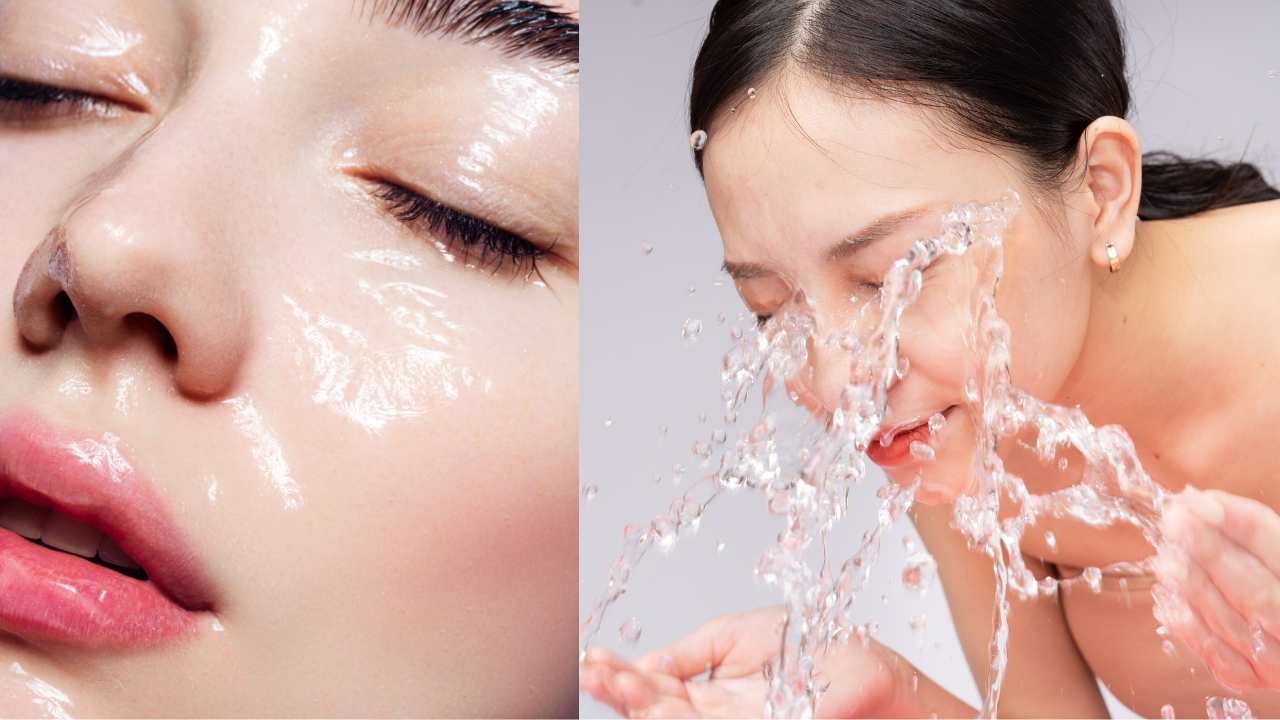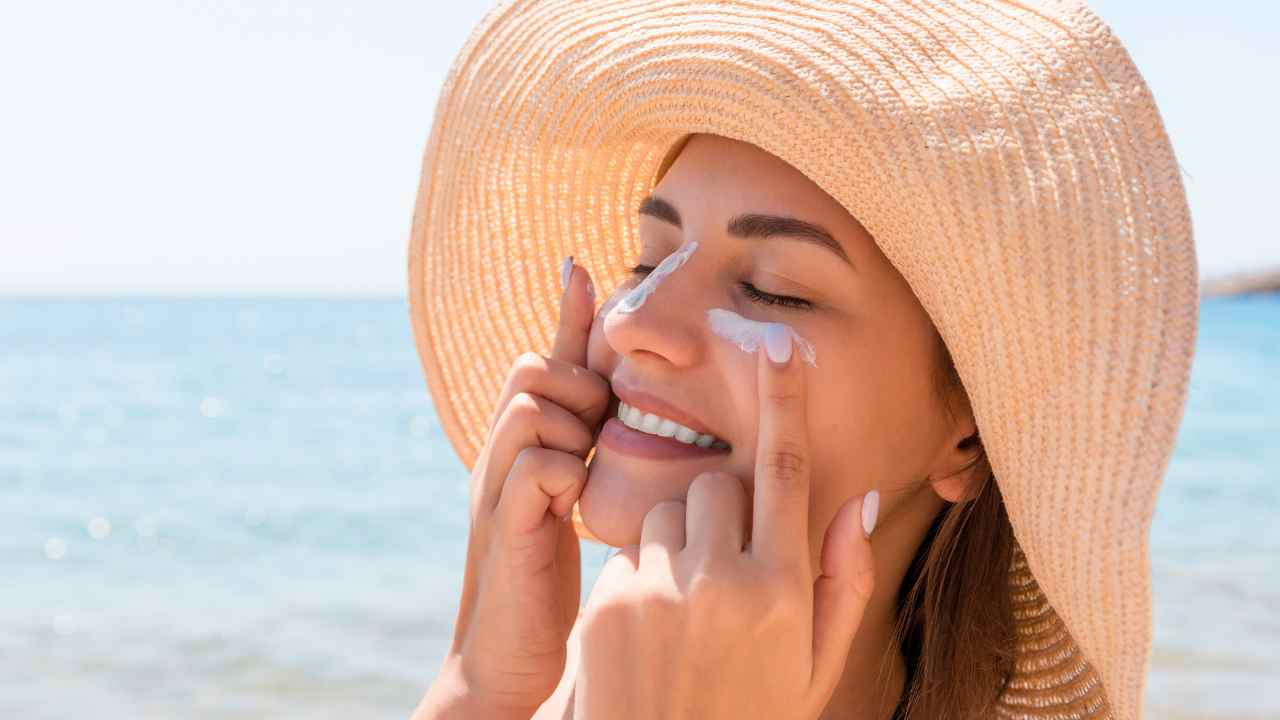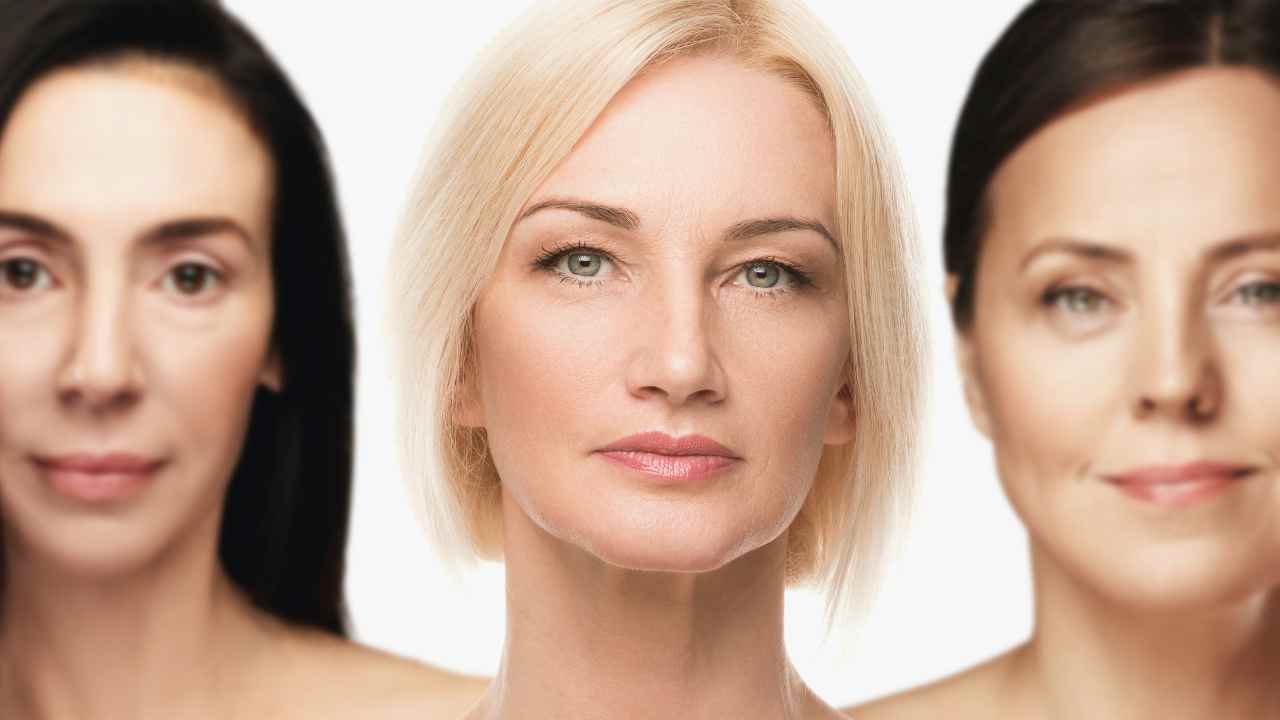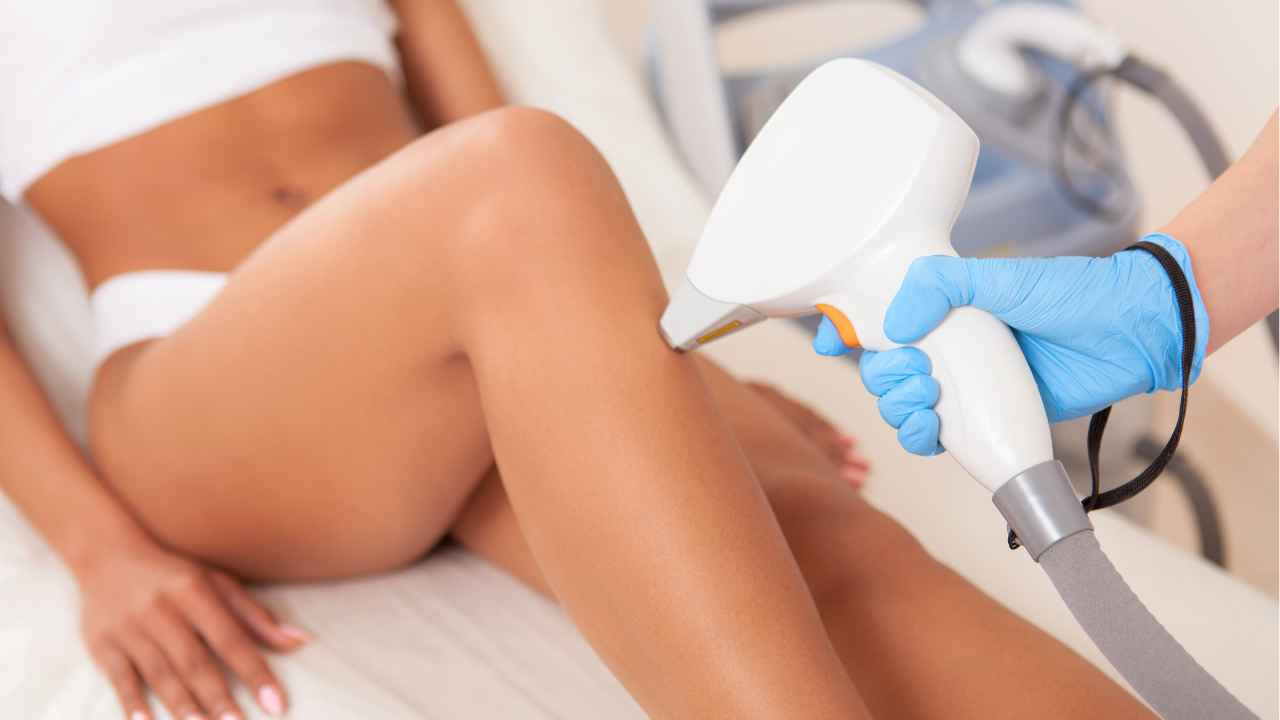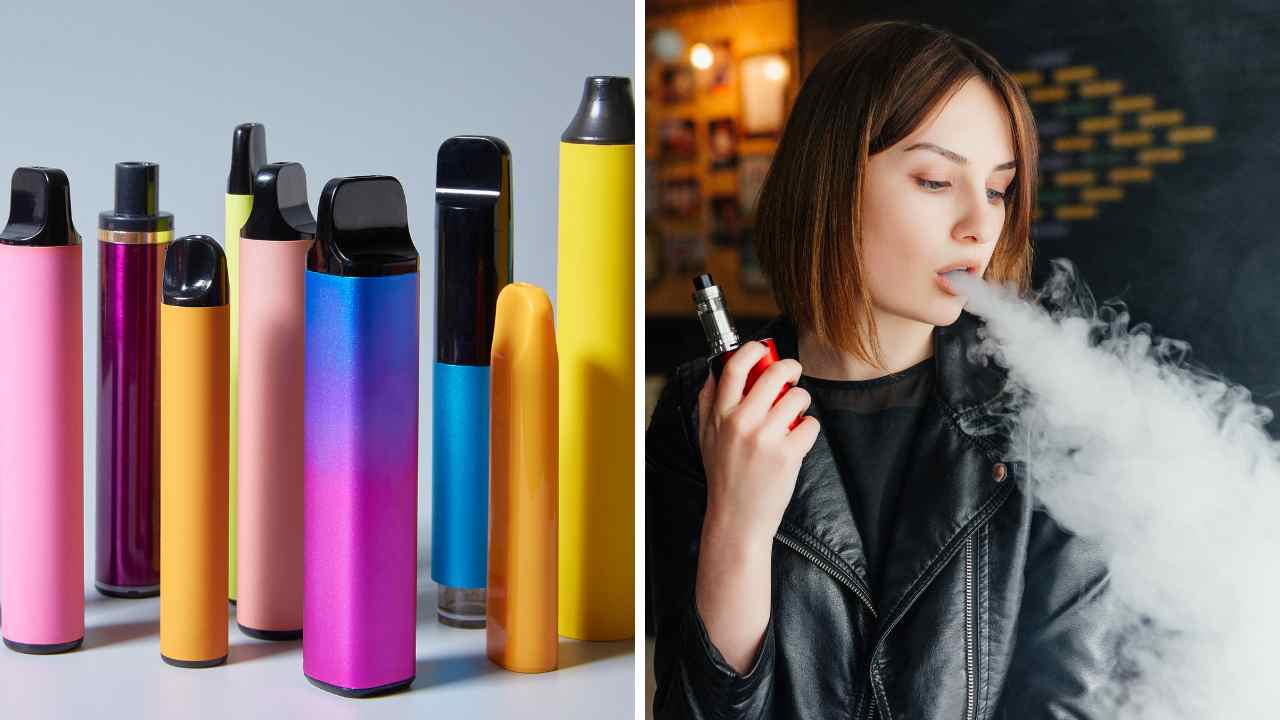
Vaping and Skin Health: Can Vaping Cause Acne Breakouts?
E-cigarettes, or vapes, are becoming increasingly popular these days as an alternative to smoking. People use them for all kinds of reasons, such as reducing their nicotine intake or trying to quit smoking cigarettes altogether.
As much as vaping from electronic cigarettes can be a healthier alternative than traditional cigarettes, it does come with some potential risks that we should consider – like what it could mean for our skin health!
We’ve all heard stories about how having poor skin habits can lead to acne, skin rashes, premature aging and other skin problems – but what about vaping? Can it cause acne too?
In this post, we'll explore the possible connection between vaping and increased risk of acne breakouts through science-backed evidence.
So whether you’re a long time vaper or just curious about its effects on your complexion, read on to learn more!
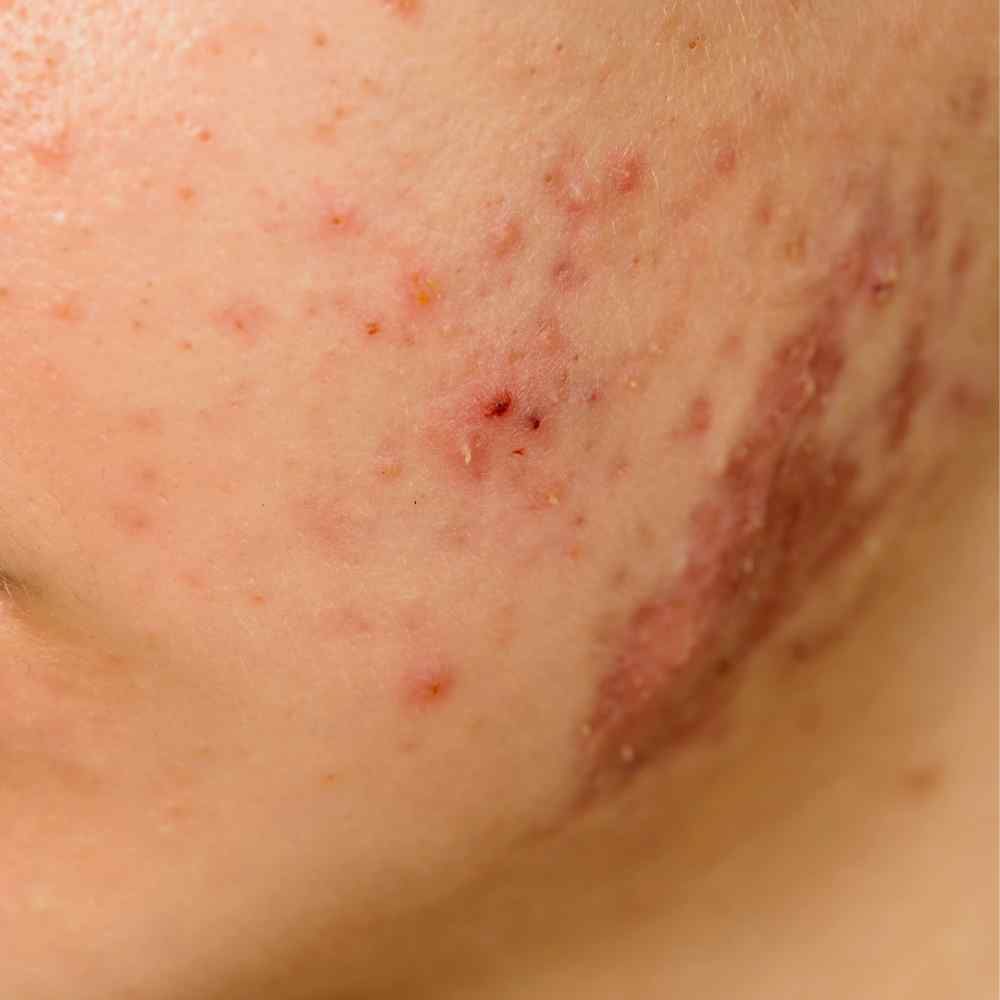
Why Do You Get Skin Acne?
Before delving into the potential link between vaping and acne, let us first grasp the fundamentals of acne. Here are the various factors that could lead to a breakout:
First off, hormones are one of the biggest culprits behind acne flare-ups. During puberty when one is undergoing hormonal changes, they may experience an increase in oil production (sebum) which along with dead skin cells and bacteria leads to clogged pores and breakouts.
Additionally, fluctuations in hormone levels during menstruation or stress can also trigger inflammation and contribute to breakouts.
Your diet may also play a role in causing acne - dairy products have come under fire for their possible links to acne since they contain hormones that could stimulate sebum production as well as sugars which inflammation feeds on. You can prevent acne breakouts by avoiding such foods.
Eating foods high in saturated fat like processed meats or those containing added sugar like sodas have also been linked with worsening of persistent breakouts so take care when selecting your meals!
Finally, genetics should not go overlooked; some individuals may simply suffer from more severe reactions due to genetic pre-dispositions such as having sensitive skin or increased activity of certain enzymes known to aggravate skin conditions like cystine or tyrosinase deficiencies.

The Effects of Vaping on the Skin
Vaping involves the inhalation of aerosolized substances through an electronic cigarette or vape device, unlike smoking nicotine from a cigarette.
E-cigarettes typically contain nicotine, flavorings, propylene glycol, vegetable glycerin, cannabis, or other potentially harmful chemicals.
While the effects of vaping on overall health are still being studied, its impact on the skin warrants attention. Here are some of the biggest factors of vaping on the skin.
Propylene Glycol & Vegetable Glycerin
Propylene glycol (PG) and vegetable glycerin (VG) are two primary components of vape liquids. PG acts as a humectant, retaining moisture, while VG contributes to the production of dense vapor clouds.
These substances have hygroscopic properties, meaning they can absorb water from their surroundings, including the skin.
Excessive exposure to PG and VG can potentially disrupt the skin's moisture balance, causing naturally dry skin to become worse.
Dry skin, in turn, can trigger an overproduction of sebum, potentially clogging pores and contributing to acne formation.
However, it is important to note that the impact of PG and VG on the skin is highly individualized, and not everyone will experience the same effects.
Nicotine & Hormonal Influence
Nicotine, a highly addictive substance present in most vape liquids, has been linked to various physiological effects, including hormonal alterations.
Nicotine stimulates the release of stress hormones such as cortisol and adrenaline, which can potentially disrupt the delicate hormonal balance in the body.
Hormonal imbalances are known to play a significant role in acne development. Increased levels of androgens, a group of hormones including testosterone, can lead to excessive sebum production and pore blockage.
While further research is needed, it is plausible that nicotine-induced hormonal fluctuations may contribute indirectly to acne formation.
Oxidative Stress & Inflammation
Another factor to consider is the potential impact of vaping on oxidative stress and inflammation, both of which are implicated in acne pathogenesis.
Vaping produces free radicals and reactive oxygen species that can overwhelm the body's antioxidant defenses, leading to oxidative stress.
Oxidative stress can trigger an inflammatory response, contributing to the development and aggravation of acne lesions.
It is important to note that while vaping may induce oxidative stress, the magnitude of this effect and its direct correlation with acne formation require further investigation.
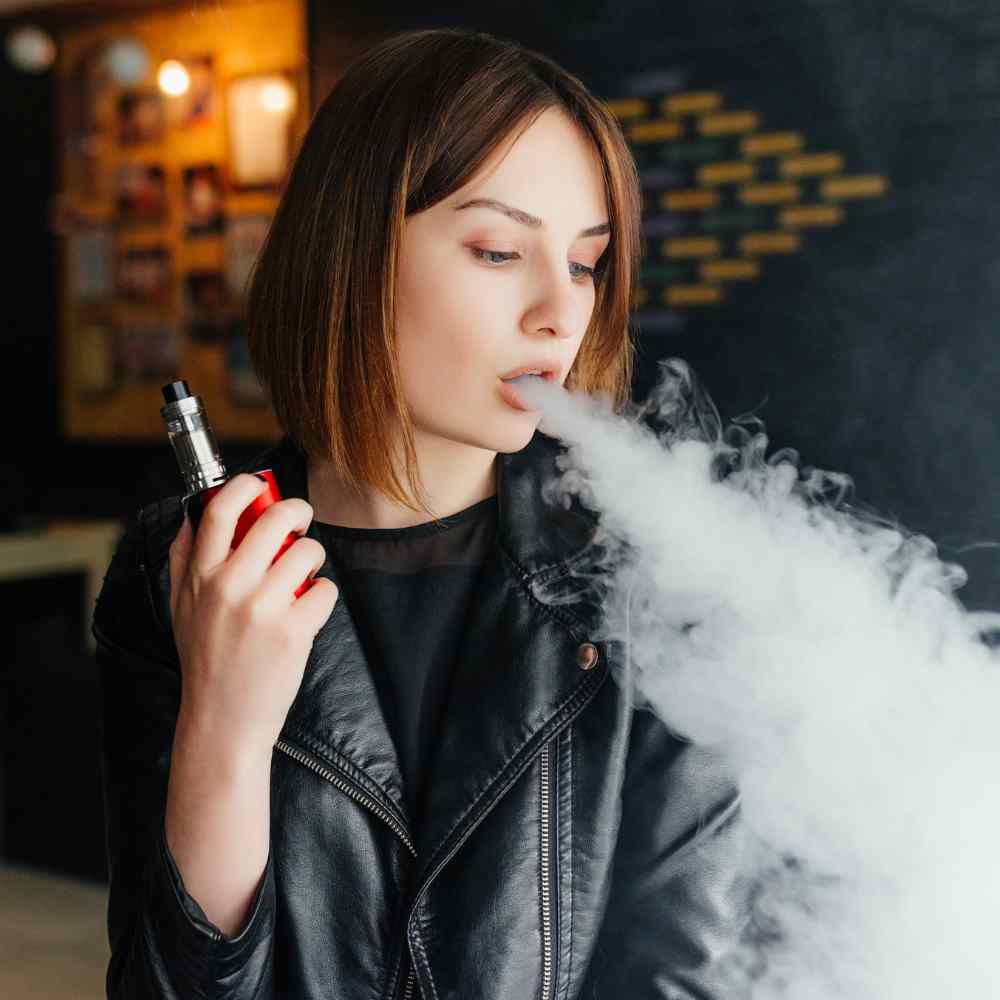
Hygiene & Vaping Devices
In addition to the potential effects of vape liquid ingredients on the skin, the hygiene practices related to vaping devices can also impact acne development.
Vaping devices require regular cleaning and maintenance to prevent the accumulation of bacteria and other microorganisms that can come into contact with the skin.
Failure to clean vaping devices adequately can result in the transfer of bacteria onto the skin, potentially leading to clogged pores and acne breakouts.
Therefore, it is essential for individuals who vape to maintain proper hygiene practices, including regular cleaning and disinfection of their devices.
The above are just a few of the possible ways vaping could impact your skin. Dr. Prasanthi, a cosmetic doctor in Australia, explains even more ways that vaping can damage your skin barrier and impact your skin health.
@dr.prasanthi Quit vaping if you’re serious about your skin (and other health reasons). #vaping #skincaretips #quitsmoking
♬ Sky Aesthetic - Tollan Kim
@dr.prasanthi
The Lowdown on Vaping & Acne
While the relationship between vaping and acne is not yet fully understood, there are plausible mechanisms through which vaping could contribute to acne development.
The hygroscopic nature of propylene glycol and vegetable glycerin, potential hormonal influence of nicotine, oxidative stress, and suboptimal hygiene practices are all factors that warrant consideration.
However, it is important to approach this topic with caution, as more research is needed to establish a definitive link between vaping and acne. Furthermore, it is worth noting that individual experiences may vary, and not everyone who vapes will necessarily experience acne as a result.
Maintaining overall skin health involves a multifaceted approach, including proper skincare, a balanced diet, stress management, and adopting hygienic practices when using vaping devices.
If you are concerned about the potential impact of vaping on your skin, it is advisable to consult with a dermatologist who can provide personalized guidance based on your specific circumstances. Here's to healthy skin!



